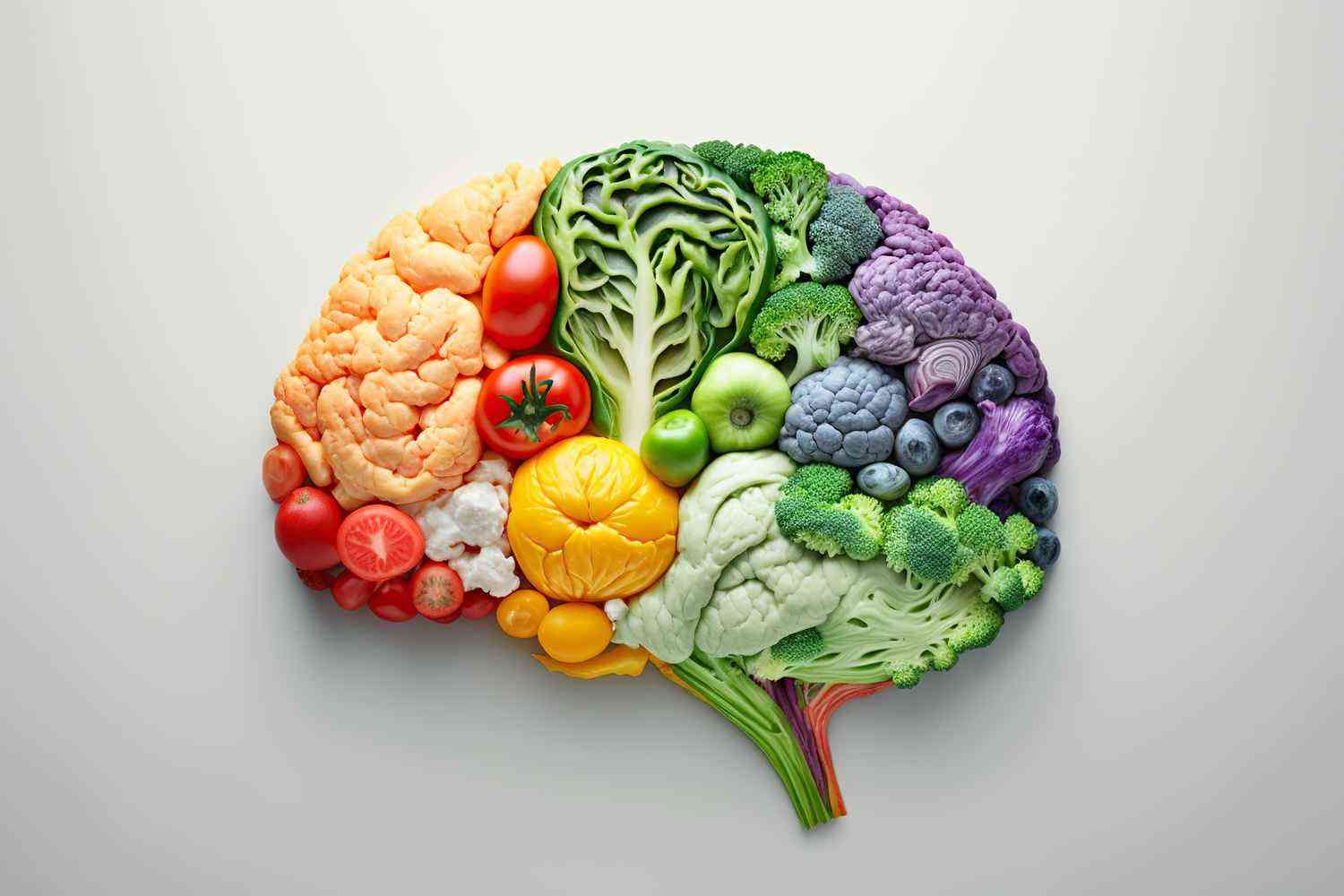
EMMANUEL James Rohn professionally known as Jim Rohn was an American author, entrepreneur, and motivational speaker.
He said: “Let the views of others educate you and inform you but let your decisions be a product of your conclusions.”
Daily, we consume food to nourish the body and provide sufficient nutrients.
A balanced diet provides your body with the right proportion of vitamins, minerals, essential nutrients and calories.
Even if you have a healthy body mass index, unhealthy diets often lead to developing conditions such as heartburn and acid reflux.
We should strive to consume a rich and balanced diet.
Now, like the body, the mind also needs nourishment.
The information we absorb daily is what we feed the mind.
- Ex-UK envoy roasted over ED links
- Public relations: Which innovations are driving PR in 2022 and beyond?
- Tembo’s eyes on Warriors
- Public relations: Which innovations are driving PR in 2022 and beyond?
Keep Reading
This includes the books we read, the conversations we have, the movies and series we watch and even how we talk to ourselves.
Simply put, what you listen to matters!
American-Canadian speculative fiction writer and essayist widely credited with pioneering the science fiction subgenre known as cyberpunk, William Gibson, said: “Before you diagnose yourself with depression or low self-esteem, first make sure you’re not surrounded by idiots.”
Attention is a finite resource.
When we are selective of who and what we listen to, we can tune out unimportant details and focus on what matters.
If we spend the bulk of our time listening to negative people, this will leave us feeling drained and negative.
Unfortunately, sometimes we are ill-advised by people with good intentions.
As Rohn said, we should be educated and informed by this advice.
However, because our purpose and goals in life differ, we should act in a way that is in our own best interests.
Criticism often falls into two main categories, injurious criticism and informed criticism.
The former type comes from a hurting person who is trying to get rid of their pain by hurting others.
The latter type is from a healthy person who intends to build you up.
Before you accept the criticism of others, here are a few questions to ask yourself:
lDo they know you?
lHave they invested in your success?
lDo they care about your goals?
lAre they in a position to give constructive criticism?
These questions can serve as a guideline when considering whether to take someone’s criticism seriously.
What you feed your mind matters. We often watch series or listen to music to relax and relieve tension.
Are you paying attention to the quality of your relaxation activities?
How can one avoid feelings of anxiety and depression if all they listen to is music that promotes violence and worthlessness?
How can one be grounded and steady when they spend their time watching shows that feed into their anxiety? Find shows and music that are edifying.
Listen to uplifting podcasts and follow influencers who share edifying and constructive content on social media.
Finally, take the time to vet the quality of conversations you have with yourself. Do you speak to yourself kindly? Do you respect your own opinions and ideas? Do you believe in yourself?
Even if the whole world were to encourage and motivate you, it would be futile if you lacked faith in your abilities.
If you answered no to any of the above questions, make an effort to change.
This can be done by honouring your word and the commitments you set.
In conclusion, just as a balanced diet is essential for our physical health, nurturing our minds with positive, constructive and empowering information is crucial for our mental well-being.
The advice we choose to listen to, the media we consume and the conversations we engage in shape our thoughts, beliefs and ultimately our actions.
By being selective about the influences in our lives, both external and internal, we can cultivate a mindset that supports our personal growth and aligns with our goals.
Critically evaluating the feedback we receive and ensuring we surround ourselves with positivity are vital steps in this process.
Ultimately, Rohn’s advice to let the views of others educate us while making our own informed decisions is a guiding principle that can lead to a fulfilling and purposeful life.










